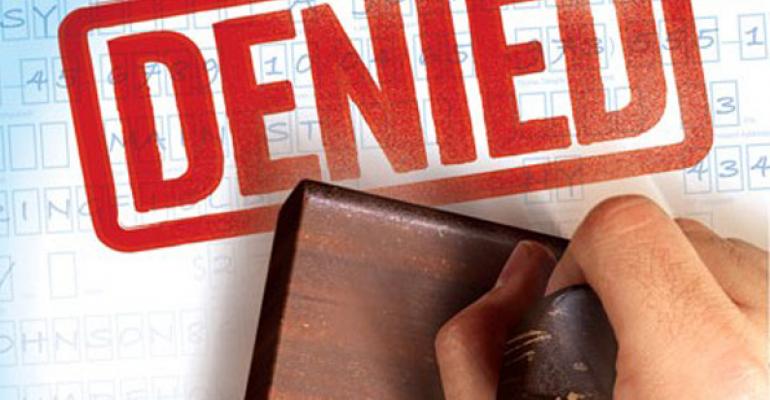In Chief Counsel Advice 201416007 (released April 18, 2014), the Internal Revenue Service denied a marital deduction under Internal Revenue Code Section 2056 for the full amount of an elective share provided by state law.
The Trust
Prior to his death, a decedent created an irrevocable trust to be administered in a certain country (Country A). The decedent designated a corporate fiduciary, situated in Country A, to serve as the trustee. The decedent designated himself and his child as beneficiaries of the trust. On the day he created the trust, the decedent transferred to the trust the entire issued share capital of a company that was situated in Country A. At a later date, the decedent transferred to the trust the entire issued share capital of companies situated in Country A, as well companies situated in three other countries. Neither the trustee nor any of the companies were subject to federal or state laws of the United States. At the time of the decedent’s death, he was survived by his spouse who subsequently asserted her right to the elective share of the decedent’s estate. The trust property was computed as part of the elective estate.
Elective Share
Under certain state laws, the first class of property to satisfy an elective share includes assets otherwise “passing” to a spouse. The second class of property to be used includes assets of a decedent’s probate estate and revocable trusts. If the elective share isn’t fully satisfied with either of these two classes of property, the elective share is to be satisfied with trust assets.
The executor of the decedent’s estate filed Form 706 and included the trust assets. On Schedule M, the executor claimed a marital deduction as the full amount of the elective share passing to the decedent’s spouse. The executor determined that the assets in the first and second classes of the decedent’s property were entirely consumed in satisfying the elective share, but there was still an unsatisfied balance. Pursuant to state law, the executor thus used the trust assets to satisfy the shortfall in the elective share.
Which Laws Apply?
The IRS analyzed both the laws of Country A (which governed the trust’s administration) and the laws of the state where the decedent was a resident and under which his spouse was asserting her elective share. The pecuniary amount of the elective share passing to the spouse was determined by state law, which provided that trust assets can be used as the last resort to pay the unsatisfied part of an elective share.
The IRS determined, however, that regardless of state law, the trust assets were governed by the laws of Country A. And, under Country A’s laws, the decedent’s child, not his spouse, was the beneficial owner of the trust assets at the time of the decedents death.
Marital Deduction
Could the spouse take a marital deduction under IRC Section 2056(a) for the portion of the elective share relating to the property held in trust? No, said the IRS. The IRS looked to IRC Section 2056, the Treasury regulations promulgated thereunder and Estate of Turner v. Commissioner, 138 T.C. 306 (2012) to determine whether the spouse’s interest pursuant to a bequest was considered as having “passed” when the spouse wasn’t the beneficial owner of property available to satisfy the bequest. The IRS concluded that a marital deduction under IRC Section 2056(a) is allowable only for interests in property that pass from a decedent to his spouse as beneficial owner and isn’t allowable for an interest in property passing from a decedent to someone other than a spouse as the beneficial owner. In this case, the beneficial ownership of trust assets couldn’t pass from the decedent to his spouse, because it passed to the decedent’s child. Despite the spouse’s rights under state law to a statutory share of the estate, the spouse couldn’t acquire the beneficial ownership required for any part of the trust property to be considered as “passing” from the decedent to the spouse. That is, the spouse’s statutory interest in the decedent’s estate wasn’t enforceable against the trust under the laws of Country A. As such, the spouse couldn't take a marital deduction under Section 2056(a) for the full amount of the elective share provided by state law.






